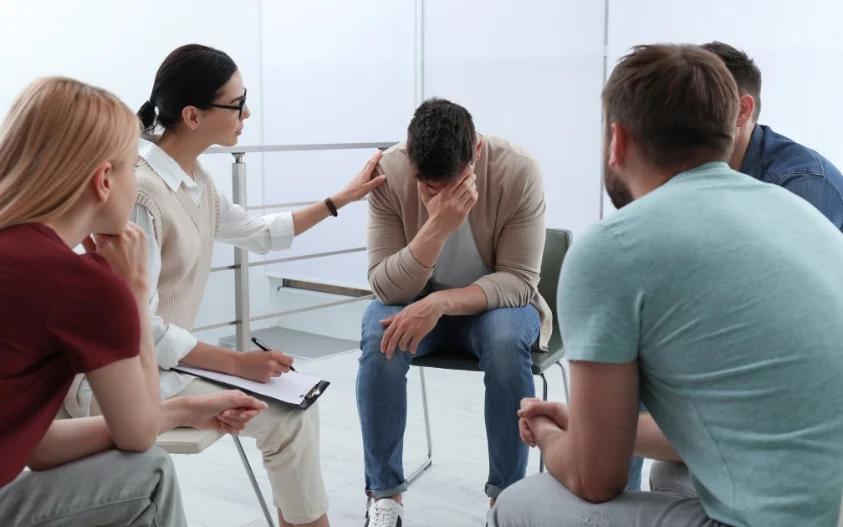24/7 Helpline:
(866) 899-111424/7 Helpline:
(866) 899-1114
Learn more about Bipolar Disorder Treatment centers in Washakie County
Bipolar Disorder Treatment in Other Counties

Cloud Peak Counseling Center
Cloud Peak Counseling Center is located in Worland, Wyoming. Cloud Peak Counseling Center provides o...














Other Insurance Options

State Farm

Oxford

MHNNet Behavioral Health

Sliding scale payment assistance

American Behavioral

Providence

Coventry Health Care

Cigna

Amerigroup

BlueCross

Access to Recovery (ATR) Voucher

United Health Care

UMR

Self-pay options

Holman Group

Meritain

CareFirst

Aetna

Medical Mutual of Ohio

PHCS Network